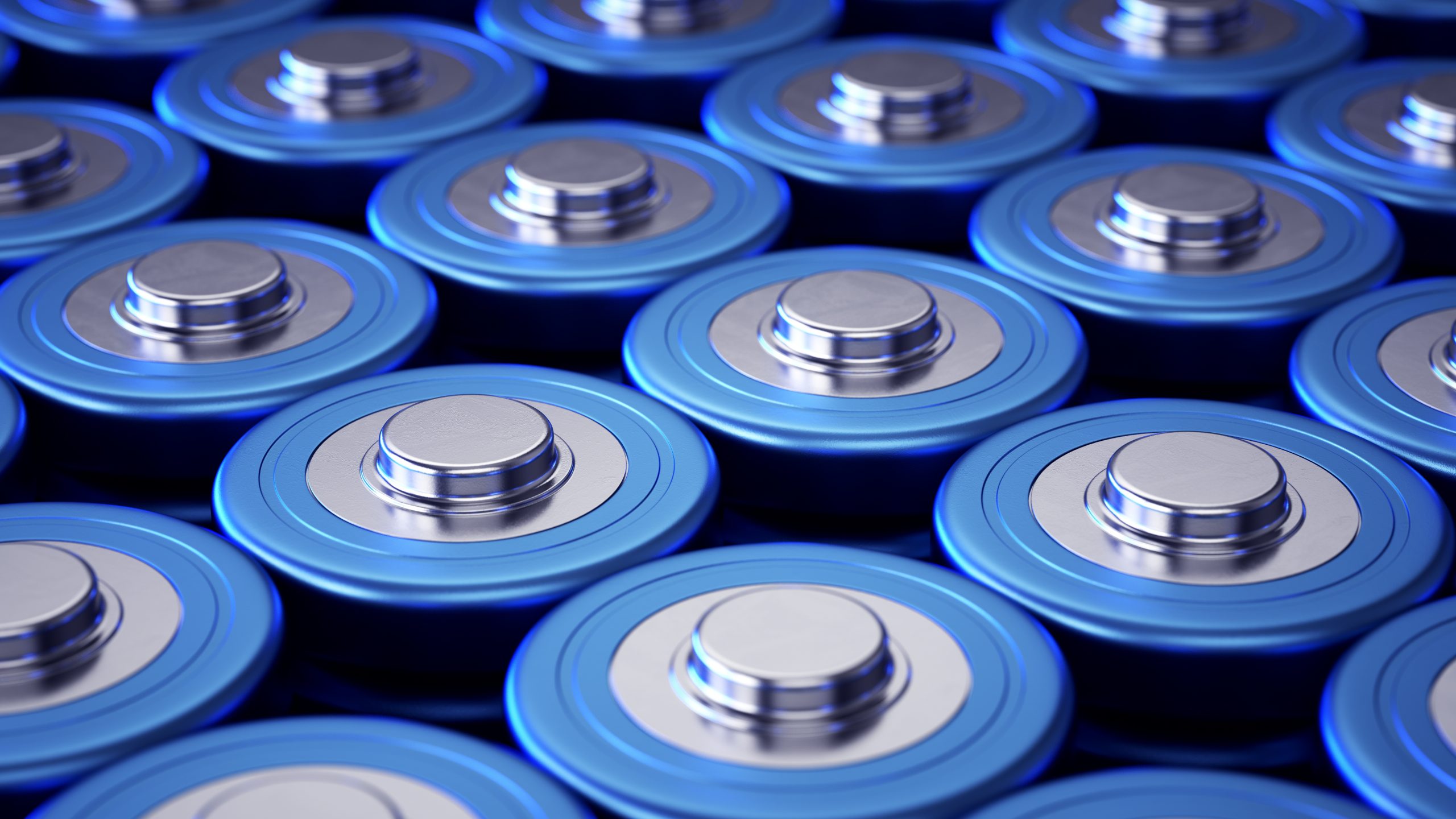



January 30, 2018



The Lithium-Ion Battery Boom and its Drivers
As the world trends towards electrification, exponential growth continues in the use of lithium-ion (li-ion) batteries, from the automotive industry, stationary energy storage (e.g. for renewables), and consumer electronics. The consistent improvement and cost reduction of li-ion battery technology has strengthened the momentum behind electromobility. Li-ion batteries are electrifying modern transportation from e-bikes and e-scooters, to passenger vehicles, semi-trailer trucks, and even planes in some use cases. Rapidly falling unit costs ($/kWh) are also increasingly enabling li-ion battery use in grid energy storage and renewable projects.
Considering the multitude of li-ion battery megafactories being developed globally and the current and near-term limitations on li-ion battery life, the world will be faced with a growing ‘wall’ of spent li-ion batteries that will need to be appropriately handled.
The Need for Recycling Lithium-ion Batteries at Scale
Recycling lithium-ion batteries at scale is a fundamental step in preventing them from reaching landfills, and averting artisanal/small-scale recycling from causing even more negative environmental and human health impacts. With an estimated 5% of li-ion batteries currently reaching recycling facilities globally, the remaining 95% percent are either dangerously stockpiled or often become landfilled waste. Landfilled batteries have a greater opportunity to leach toxic heavy metals (e.g. nickel, manganese) into the surrounding environment. These heavy metals can eventually make their way into our water systems and through the food chain, if left unaddressed. Artisanal recycling approaches (e.g. burning, uncontrolled washing with acid) typically lack environmental controls and are unsafe. Small-scale and informal recycling frequently pollutes the environment and causes serious human health risks in the process.
The United Nations classifies li-ion batteries as Class 9 Dangerous Goods, due to their dual hazard properties associated with their chemical and electrical content. When handled without the proper controls, the risk of li-ion battery thermal runaway (i.e. leading to fire and possibly explosion) increases. Similarly, stockpiling li-ion batteries in an uncontrolled environment can increase the risk of thermal runaway. Complying with the recycling legislation and regulations that surround li-ion batteries is essential to ensure their safe transport and disposition. Therefore, the appropriate handling of spent li-ion batteries through robust recycling supply chains at scale is necessary to ensure public safety.
The need for recycling li-ion batteries at scale is further compounded by the opportunity to recovery critical materials such as cobalt and lithium. For example, the Democratic Republic of the Congo (DRC) accounts for more than 60% of global cobalt supplies. Some of the artisanal stream of cobalt production in the DRC has been documented to involve child labour and some of it controlled by insurgent militias. Moreover, 98% of cobalt is mined as a by-product of copper and nickel, and hence cobalt supply is often unable to respond to rapid changes in demand. Vehicle and battery manufacturers committed to the transition towards electrification are looking to secure a long-term supply of cobalt; however, the DRC-centric and inelastic supply dynamics of cobalt are difficult challenges to overcome. In contrast, the recycling of li-ion batteries via Li-Cycle Technology™ can provide a secure supply of cobalt and other critical battery materials such as lithium, with a completely transparent and ethical supply chain. Over the long term, this will aid in reducing the reliance on extracting and refining materials from mineral resources.
Li-Cycle Technology™ – a Closed Loop Solution for Li-ion Battery Recycling at Scale
Li-ion batteries will continue to electrify our world, now and into the foreseeable future. As a key driver of the transition away from a carbon-based economy, li-ion batteries are integral to the opportunity to drastically reduce greenhouse gas emissions worldwide. However, to ensure a truly positive impact over the lifecycle of li-ion batteries, we must ensure a closed-loop system is in place to safely handle and recycle spent li-ion batteries at scale. This will enable the reintegration of critical battery materials into the li-ion battery supply chain and the broader economy, while preventing negative environmental and safety impacts.
Li-Cycle is on a mission to secure a sustainable future for the environment through our closed loop li-ion battery recycling technology. Scalability, low-cost, safety, and environmental friendliness are core tenets of commercializing Li-Cycle Technology™. In turn, we aim to enable the global transition to electro-mobility and reduce greenhouse gas emissions worldwide.
